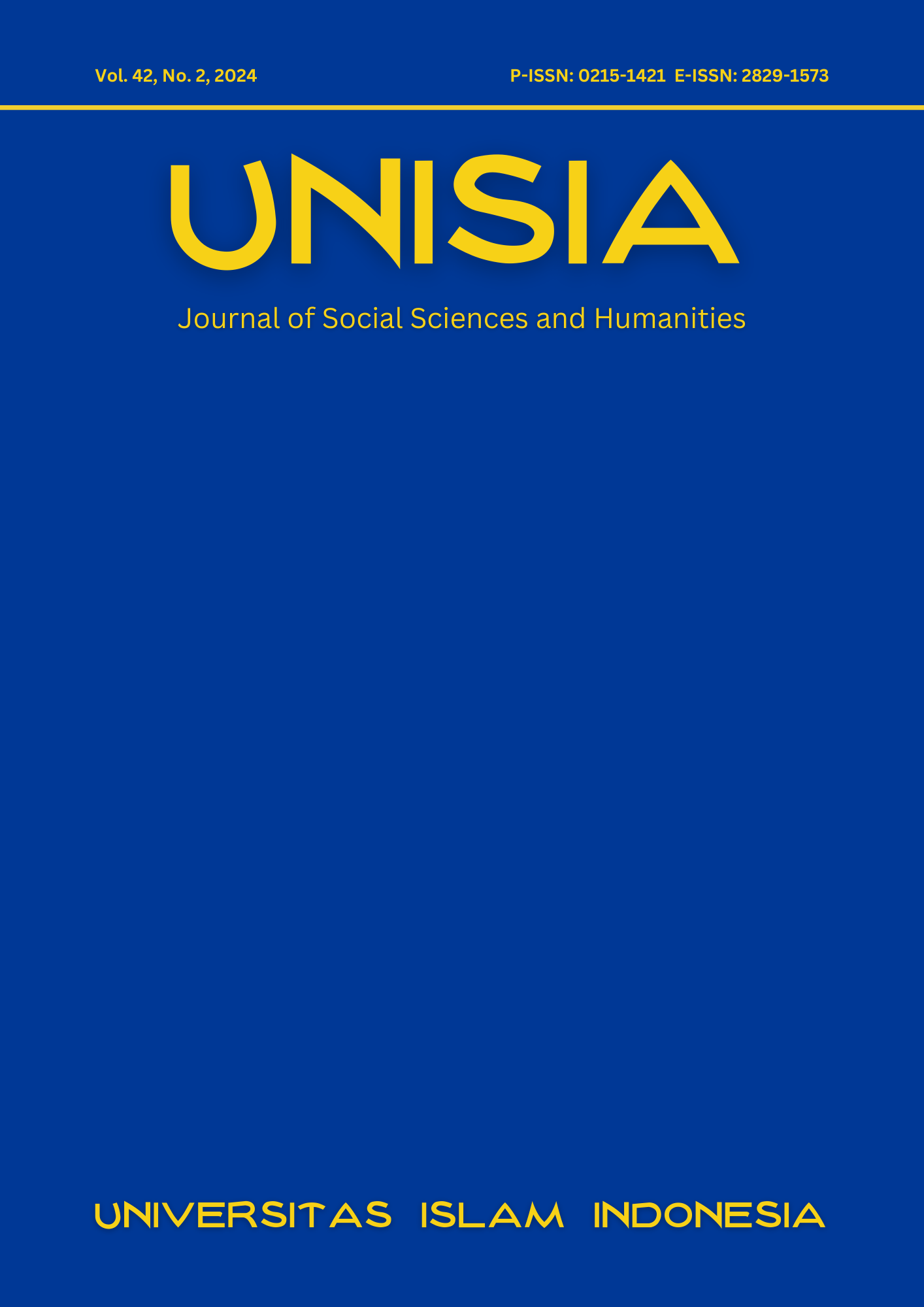Main Article Content
Abstract
This study explores commissive speech acts within the debates of Ahl al-Bayt, a distinguished group in Islamic tradition representing the Prophet Muhammad's family. It examines the linguistic and ethical significance of commissive verbs—speech acts that bind the speaker to future actions, such as promises, threats, and guarantees. The study aims to analyze their unique features and applications in these debates, highlighting their moral and rhetorical roles in Islamic discourse. Using qualitative analysis grounded in the frameworks of Austin and Searle, the research identifies commissive verbs as the intersection between the classifications of these theorists. The analysis focuses on their defining traits, such as sincerity, future orientation, and voluntary commitment. Examples from Ahl al-Bayt debates are scrutinized to illustrate the practical and ethical dimensions of these acts, emphasizing their role in establishing trust and accountability. Key findings reveal that commissive speech acts in Ahl al-Bayt debates are categorized into four domains: concern, determination, oath, and promise. These acts differ from directive speech acts by centering on the speaker’s commitment rather than seeking to influence the listener. The study demonstrates how these acts reflect not only linguistic obligations but also the Ahl al-Bayt’s ethical principles and leadership in guiding their audience. This research bridges linguistic theory and Islamic heritage, offering insights into the interplay between language, intent, and moral accountability. It contributes to understanding how speech acts serve as vehicles for ethical communication, enriching both linguistic and socio-religious studies. These findings hold implications for contemporary discourse, emphasizing the importance of sincerity and commitment in ethical leadership.
Keywords
Article Details
Copyright (c) 2024 M. M. Ali Lazem Abd , Zaki Fleih Hasin

This work is licensed under a Creative Commons Attribution-ShareAlike 4.0 International License.
- Authors retain copyright and grant the journal right of first publication with the work simultaneously licensed under a Creative Commons Attribution License that allows others to share the work with an acknowledgement of the work's authorship and initial publication in this journal.
- Authors are able to enter into separate, additional contractual arrangements for the non-exclusive distribution of the journal's published version of the work (e.g., post it to an institutional repository or publish it in a book), with an acknowledgement of its initial publication in this journal.
- Authors are permitted and encouraged to post their work online (e.g., in institutional repositories or on their website) prior to and during the submission process, as it can lead to productive exchanges, as well as earlier and greater citation of published work.




